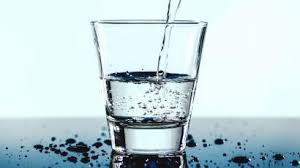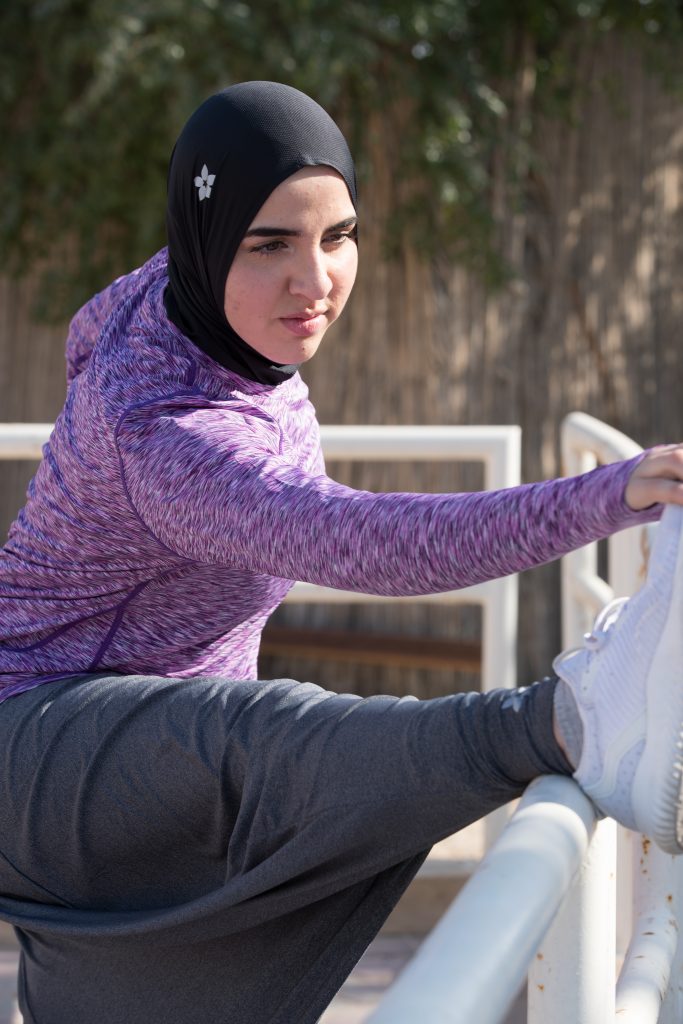Ramadan, already started on May 6 in most countries this year (2019), is the holiest month in the Islamic calendar. It involves abstaining from eating, drinking, smoking and sexual relations from dawn to sunset, in the hopes that it will lead to greater “taqwa”, or consciousness of God.
Benefits of fasting
Experts have also found that restricting food intake during the day can help prevent health problems such as high cholesterol, heart disease and obesity, as well as improve mental health and wellbeing. By not consuming any food, our body is able to concentrate on removing toxins, as we give the digestive system a rest.
Maintain healthy, nutritious & eating habits
1. Never skip suhoor – Suhoor is important during Ramadan. It helps your body stay hydrated and fueled up on energy and nutrients until iftar.
A well balanced meal suhoor contains :
- Complex carbohydrate – oats, wheat, grains and other complex carbohydrates are slow-releasing carbs, it helps keep your blood sugar steady and give you feeling fullness.
- High Fibre food – High fiber food are digest slowly dates, apricot, prunes, vegetables, and fruits. Bananas are good in potassium that help your body hydrated.
- Protein – eggs, cheese, yoghurt or meat can replenish your energy.
2. Cut down sugary and processed food – Avoid heavily processed food contains refined carbohydrates like sugar, and white flour as like normally Ramadan desserts. They are high in fat and low in nutriens.
3. Break your fast slowly and don’t overindulge – Start with a few dates, and water than wait before your main meal. Avoid heavy oil and fts in your meal. Make sure you consume plenty of vegetables and good portion of protein and enough carbohydrates. Eat slowly so that your body can digest the food.
4. Stay hydrated
Drink at least 8-12 cups of water a day ( 2-3 liter). Drink plenty of fluids for hydration from the period of Iftar to the time of suhour. Although juices and milk are sources of fluids, water is the best choice. You can consume other drinks in moderation but beware of sugary Ramadan drinks.
This is the tips how to drink (2-3 liter) in Ramadan. 1 glass = 250mil
1 glass – before suhour
1 glass – after suhour
2 glasses – break fasting (includes juice/ milk)
1 glass – after break fast
1 glass – after maghrib solah
1 glass – after isya solah
1 glass – after terawih
1 glass – before go to bed
You can also drink in between the time as you need.
5. Avoid Caffeinated drinks – Caffine such as coffee, tea and colas can stimulates faster water loss, leading dehydration.
6. Avoid deep frying – Try to avoid fried foods or those prepared with large quantities of oil. It it cannot be avoided, reduce the quantities of oil. Alternative recommended oils to use are sunflower, canola and corn oil.
7. Working out
If you can modify your training routine a bit, you will still be able to keep fit with a busy Ramadan schedule. Try to time your workout so the ending coincides with iftar and you have enough time to shower and break your fast, so you aren’t waiting around totally dehydrated after your run.Take your average workout down a level to make it a little easier on your fasting body. Don’t do any extreme workouts, just something that gets your body moving.



